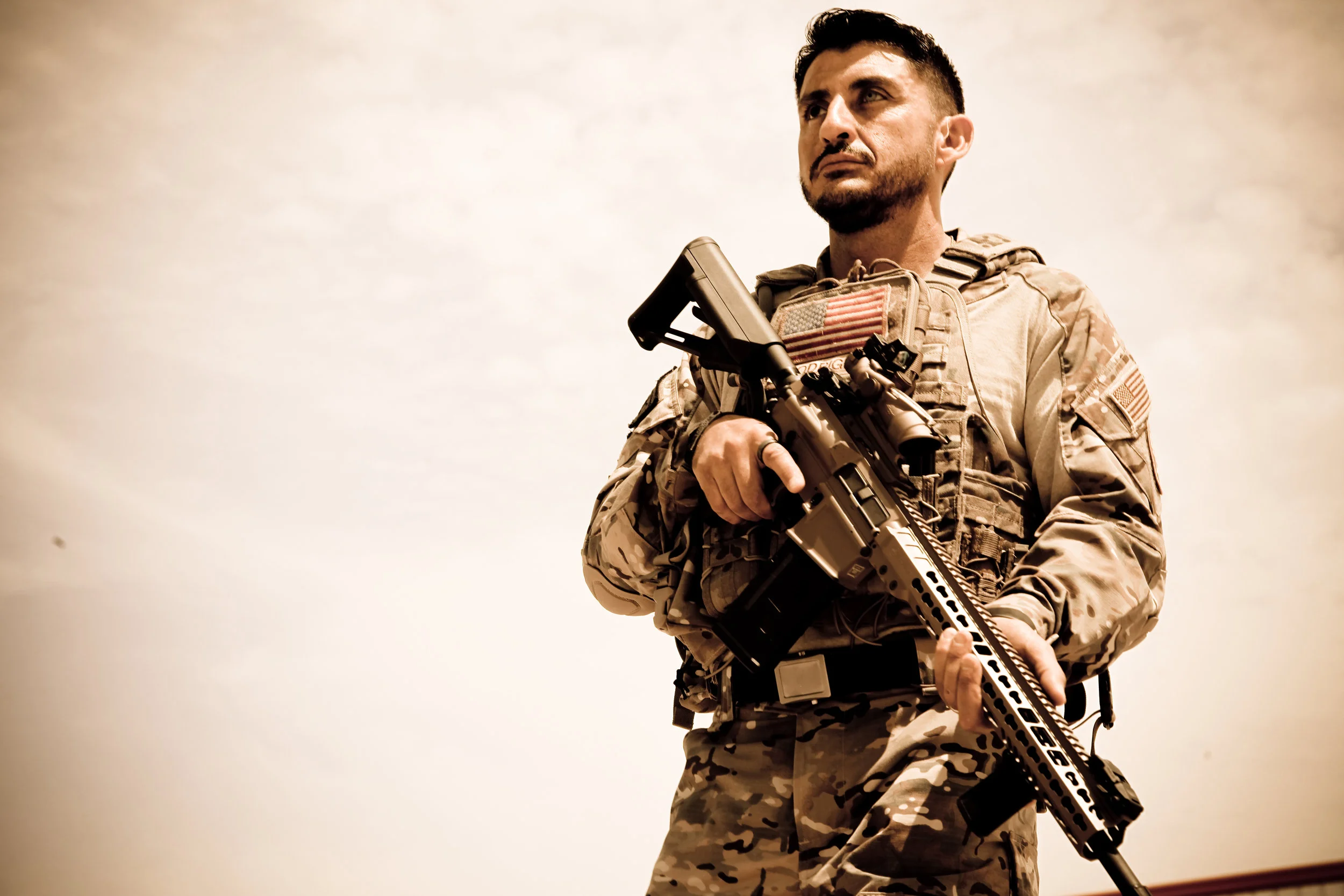Links for the episode are at the bottom of the page!!
GRP 48- Rest in Peace to Army Special Forces Staff Sgt. Adam S. Thomas, 31, was killed by an improvised explosive device while on foot during an operation against the Islamic State in eastern Afghanistan, defense officials said. I'd like to have everyone send prayers and positive energy to retired Special Missions Unit Major, and author of "Kill Bin Laden" Dalton Fury. The Major is battling through a tough situation and we want him and his family to know that we support him.
Back on the podcast is Dan, the owner of Combat Flags. James a Marine Corps Combat Veteran of Iraq, and Mike a Special Forces Green Beret and veteran of Afghanistan and Iraq. We discuss Combat Flags, the careers of James, and Mike during and post-military. Mike works for an organization that fights child sexual exploitation, and James is a full-time Firefighter. We talk combat, PTSD, military specialties, and helping war fighters when they come home. Below is an excerpt from the episode.
John: James can you talk about your experiences in the United States Marine Corps?
James: My friend John and myself joined the Infantry. My friend Alex joined the Combat Engineers. Josh joined Intel. We all got deployed to different units. While I was in training down at 29 Palms I got a Red Cross message and my friend John was killed in action in January 2005 in Iraq. He was in the battle of Fallujah. I was able to get home for his funeral. We deployed to Iraq. Our op tempo was through the roof. Running patrols in and around Haditha Dam. We Ran patrols near the Syrian border.
We got called for a High-Value Target. Hit the house and didn't find a thing. The Mosque gave a call for prayer. The hair stood on the back of our necks. Something wasn't right. A round hit right between me and my buddy. We were on the outer cordon team. Headed back to our trucks. Saw a flash to my right and an RPG landed about a foot from where I was standing. I finally came to. I see tracers flying everywhere. I ran behind this pile of rocks. I realized that things didn't feel right. Had a hot piece of metal in my mouth, and I couldn't talk. Tried calling for help. I put my gun up scanning for targets. Our Corpsman ran 100 yards over open grounds to get to me. I tried to get up and when I got up they shot me right in my knee.
Combat Flags:
Instagram:Combat_Flags
Music provided by Caspian:
Click the buttons below to access the episode:






